Saudi Arabia’s construction materials market is experiencing notable shifts, driven by increasing demand for infrastructure development and urbanization across the Kingdom. Trade data reveals a significant rise in imports of key materials such as metals, stone, and glass, while exports have also seen steady growth in wood and mineral-based products. In 2021 alone, Saudi Arabia imported $14.33 billion worth of metals, marking a 12.8% increase from 2020. Similarly, stone and glass imports surged 84% year-over-year, reaching $7.28 billion. These figures highlight the Kingdom’s reliance on foreign suppliers to meet its construction needs, particularly for large-scale projects like NEOM and the Red Sea Development.
Exports, though smaller in value compared to imports, show promising trends. For instance, Saudi Arabia exported $2.72 billion worth of stone and glass in 2021, a modest 0.8% increase from 2020. Wood exports also grew by 16.5% during the same period, suggesting a growing interest in leveraging local resources for international trade. However, the gap between import and export values underscores an untapped opportunity to enhance domestic production capabilities and reduce dependency on foreign materials.
Economic indicators further support the robust growth of the construction sector. The urban population, which accounts for over 84% of Saudi Arabia’s total population, has driven demand for residential and commercial building projects. Additionally, the Kingdom’s container port traffic rose to 9.87 million TEUs in 2021, reflecting improved logistical infrastructure to support trade. These factors, combined with Saudi Vision 2030 initiatives, are expected to sustain high demand for construction materials, particularly cement, rebar, timber, and ceramic tiles.
Despite these opportunities, challenges remain. Saudi Arabia’s heavy reliance on imports exposes the sector to global price fluctuations and supply chain disruptions. For example, the rising cost of metals globally could impact construction budgets within the Kingdom. Moreover, environmental concerns around greenhouse gas emissions and water resource management are increasingly influencing investment decisions in the sector. Businesses seeking to thrive in this market must focus on sustainable practices and efficient resource utilization.
To overcome these challenges and tap into the sector’s potential, businesses can leverage platforms like Aritral.com. Aritral.com is an innovative B2B marketplace designed to simplify global trade for construction material suppliers and buyers. With features such as detailed product listings, AI-powered international marketing, and direct communication tools with automatic translations, the platform bridges the gap between Saudi suppliers and international buyers. Sellers can showcase their products, including cement, sand, wood, and ceramic tiles, while buyers gain access to reliable suppliers with verified credentials.
Aritral also supports local entrepreneurs in transforming into global exporters. Its AI-driven insights help sellers optimize their product visibility and pricing strategies, ensuring competitiveness in international markets. Businesses can also manage their profiles professionally, place purchase requests, or submit sales offers directly through the platform, streamlining their trade processes. By utilizing Aritral’s tailored solutions, companies can enhance their growth in the construction materials sector while addressing supply chain inefficiencies.
In conclusion, Saudi Arabia’s construction materials market presents a dynamic landscape filled with opportunities and challenges. Businesses looking to capitalize on this growth must adopt strategic approaches, including leveraging digital trade platforms like Aritral.com, to ensure long-term success. Whether sourcing materials or expanding export capabilities, the Kingdom’s construction sector remains a promising arena for innovation and investment.
-
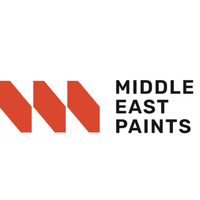 Middle East Paints 2 months ago
Middle East Paints 2 months ago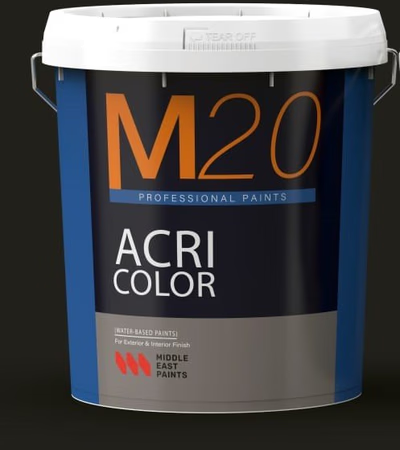 Saudi Arabia
Paints
Saudi Arabia
Paints
At Middle East Paints, we believe colors are more than just paint- they’re expressions of you. Our Soft and Vibrant colours inspire creativity and tur...Details
-
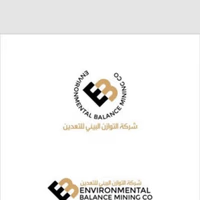 Sharikat Al-Tawazun Al-Bi'i Li-Ta'din 16 months ago
Sharikat Al-Tawazun Al-Bi'i Li-Ta'din 16 months ago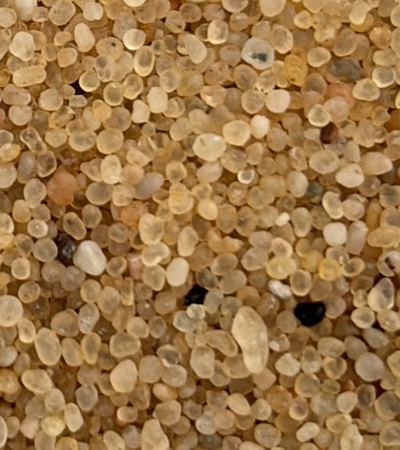 Saudi Arabia
Sand of All Types and Gravel
Saudi Arabia
Sand of All Types and Gravel
Peace be upon you, I would like to clarify the product which is a type of sand including coarse sand, powder sand, and regular sand, with a quartz con...Details
-
 Ahmad Aburajab 3 months ago
Ahmad Aburajab 3 months ago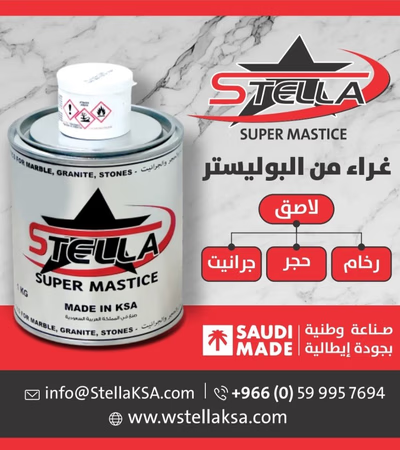 Saudi Arabia
Adhesive for Stone, Marble, and Granite
Saudi Arabia
Adhesive for Stone, Marble, and Granite
Adhesive for Stone, Marble, and Granite, Saudi-made with Italian efficiencyDetails





